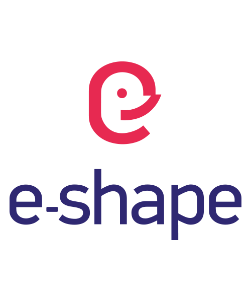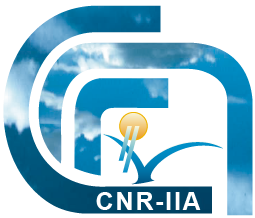The Knowledge Hub as a part of the GEO Knowledge Hub can support decision-makers in the assessment of the effectiveness of measures by co-designing different policy scenarios at national or regional levels. It will permit the assessment of mercury fate, from sources to receptors, and estimate of costs associated with policies. This Virtual Laboratory includes complex chemo-physical atmospheric models that pre-process data and generate depositions over land and oceans, bio-geochemical models to simulate processes in the ocean and ecological models to estimate mercury uptake by the throphic net. Effect of emission reduction can be applied and impact on seafood observed.
Theme
- Atmosphere & Climate (Atmosphere)
- Land (Land ecosystems; Inland water)
- Ocean & Marine (Marine ecosystem)
Market
- International bodies (Environmental, Pollution & Climate; Humanitarian operations & health)
- Public Authorities (Local &Regional planners; Education, training and research)
- Services (Retail and Geo-marketing)
- Energy and Natural Resources (Oil and Gas; Minerals and Mining)
- Industrial (Utilities)
- Managing living resources (Fisheries)
The Global Observation System for Mercury (GOS4M) is a Flagship initiative of the Group on Earth Observation established to support national and international organizations, governments, and all interested parties to achieve the target of the Minamata Convention on Mercury (MCM) by making availbale EO data sets, data analytics and modeling tools to assess different socio-economic scenarios of emissions reduction for anthropogenic sources. The full involvment of the scientific community, governments, civil society and private sectors is a key in the activity of the GOS4M.
To facilitate the access and use of the GOS4M KH by end-users a Virtual Laboratory (VL) is under development. The VL is designed to emulate long-term environmental processes by pre-processing a large amount of output data sets provided by processes-driven modeles that estimate the deposition fluxes of mercury to terrestrial ecosystems and oceans, mercury bioaccumulated in fish and other biological endpoints. The VL will provide the possibility of generating the costs’ curves for each reduction emission scenarios analysed and assess the associated benefits for human health and ecosystems.
End-users of the GOS4M KH are decision makers, scientists and general public that at various institutional levels are involved in the complex process of the MCM implementation. The GOS4M KH has been presented at the COP2 (2018) and COP3 (2019) of the MCM and interactions with various end-user are in place.
- Increase the availability of Earth Observation data sets related to Artisanal Small Scale Gold Mines (ASGM) contaminated sites, land-use changes in order to assess/refine the estimate of mercury emissions to air, soil and riverine ecosystems from this important source of Hg.
- Increase the sharing of mercury monitoring data frm naitonal data bases and programmes, as of today still less than 50% of GEO Member governments have established national Open Data regulations/policies to enable agencies to share Earth observation datasets nationally, regionally and internationally.
- Cooperation with GEO Tasks and anyother interetsed parties aimed to estimate economic costs of environmental regulations.
- Increase the availability of mercury monitoring data as well as Earth Observation data sets needed to assess the mercury levels in terrestial and marine ecosystems.
- Provide to decision makers an integrated tool able to assess the temporal variations of mercury concentrations in terrestrial and marine biological endpoints with changing emisison reduction strategies considered in the co-designed policy scenario
- GOS4M KH provides a unique spatial data infrastructure of mercury concentrations in air, water and biological samples along with key EO data sets used to better understand geographical gaps.
- GOS4M global data sets are fully compliant with GEO Data Sharing and Management Principles.
- GOS4M metadata are ISO complaint.
- GOS4M KH will provide web-services for various end-user profiles through ad-hoc designed and customized APIs.
- GOS4M KH will support governments and all interested parties in the implementation of the MCM.
Learn more about the service: http://www.gos4m.org/kh
Learn more about e-shape: www.e-shape.eu
A question? Contact the Helpdesk: https://helpdesk.e-shape.eu





This page has no comments.